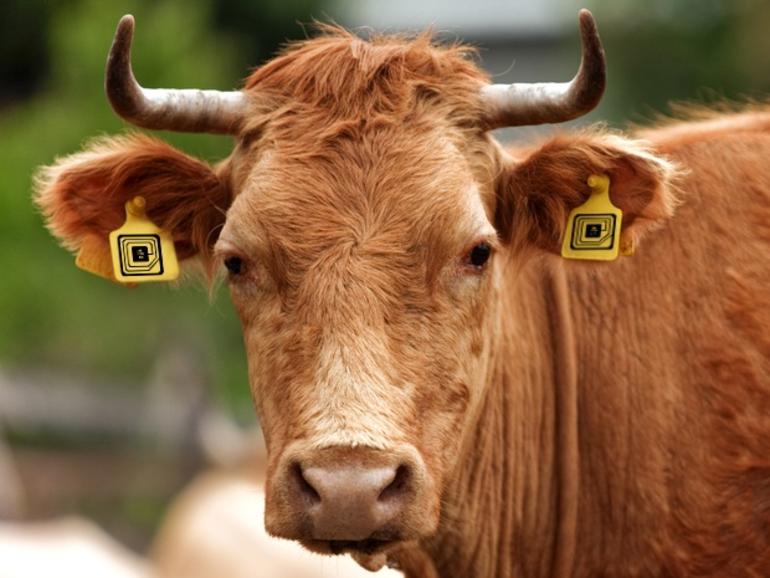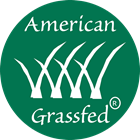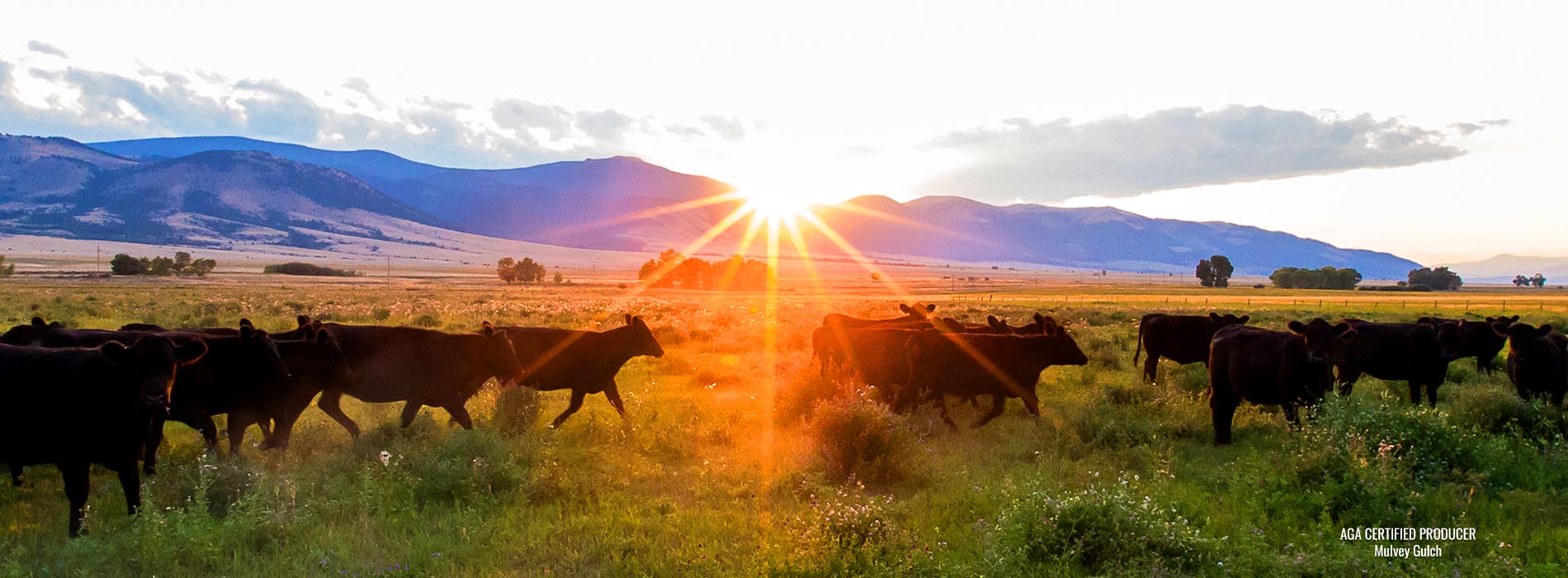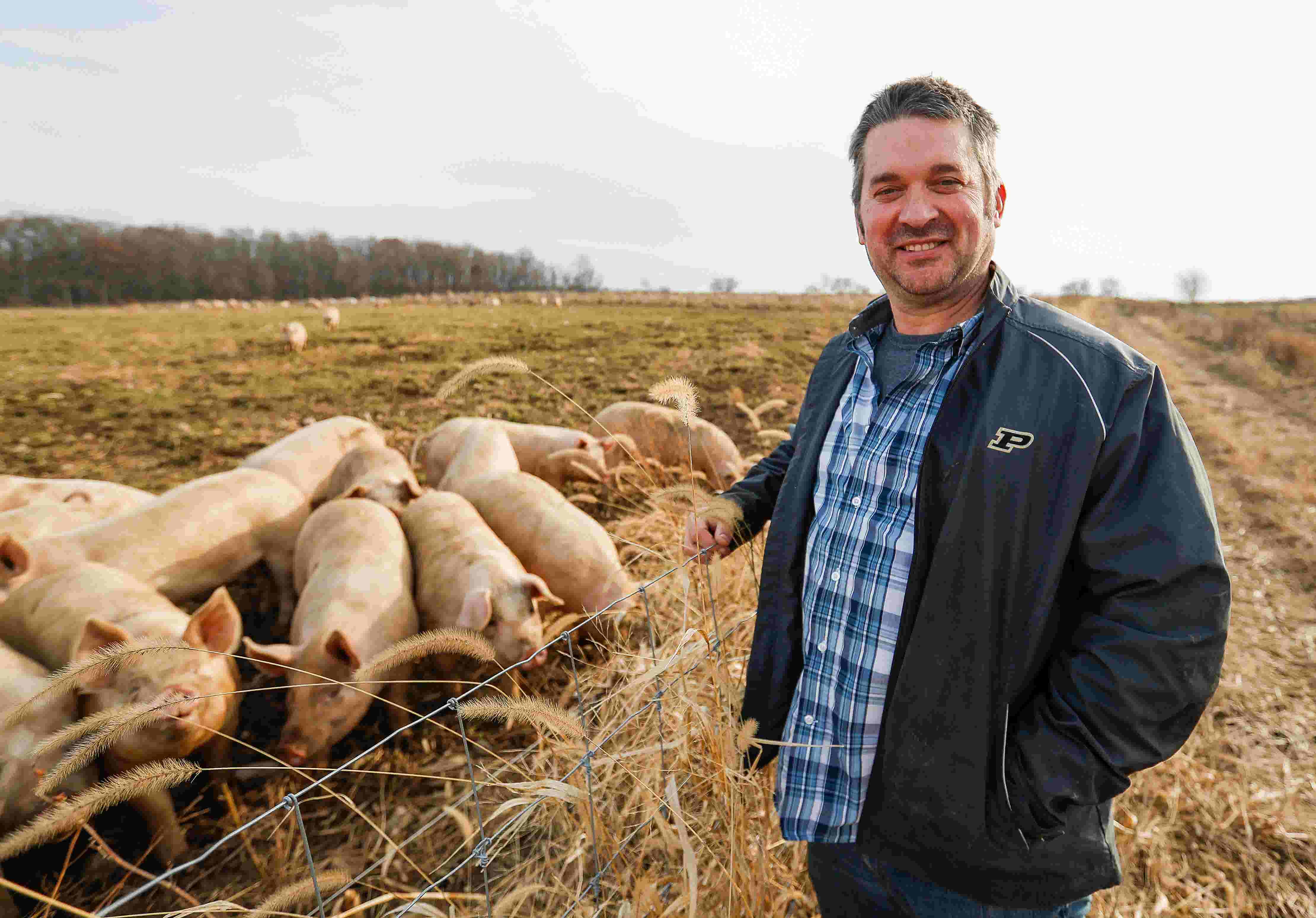
Photo credit: RFID World
Animal and Plant Health Inspection Service (APHIS) is soliciting public comments on a proposal wherein APHIS would only approve radio frequency identification tags as official eartags for use in interstate movement of cattle and bison that are covered under certain regulations.
Comments are due by Oct. 5.
From the Federal Register:
“This change would allow rapid and accurate reading and electronic transcription of identification numbers used for interstate health certificates or testing for regulated diseases such as tuberculosis or brucellosis. Implementing RFID as the official eartag in cattle would enhance the ability of State, Federal, and private veterinarians as well as livestock producers to quickly respond to high-impact diseases currently existing in the United States, as well as foreign animal diseases that threaten the viability of the U.S. cattle industry.”
-
Beginning January 1, 2022, USDA would no longer approve vendors to use the official USDA shield in production of metal ear tags or other ear tags that do not have RFID components.
-
On January 1, 2023, RFID tags would become the only identification devices approved as an official eartag for cattle and bison pursuant to § 86.4(a)(1)(i).
-
For cattle and bison that have official USDA metal clip tags in place before January 1, 2023, APHIS would recognize the metal tag as an official identification device for the life of the animal.
This proposed change in what is considered an official eartag would not alter the current regulations in part 86 and would not amend the classes of cattle required to have official identification under the regulations. Likewise, this notice does not change part 86; for example, the State veterinary officials in States sending and receiving cattle could agree to accept alternate forms of identification such as registered brands, tattoos and other identification methods acceptable to breed associations in lieu of an official eartag. The policy for approving tags as official identification would continue to require that tags meet safety, quality, and retention criteria. However, all approved tags applied on or after January 1, 2023 would require an RFID component for the number that could be read visually as well as electronically.
Visit the Federal Register to learn more and comment on the proposed change.




